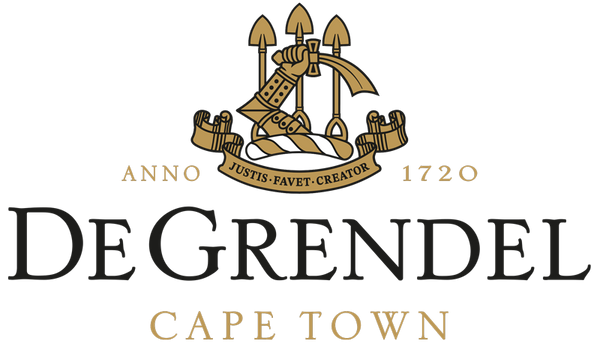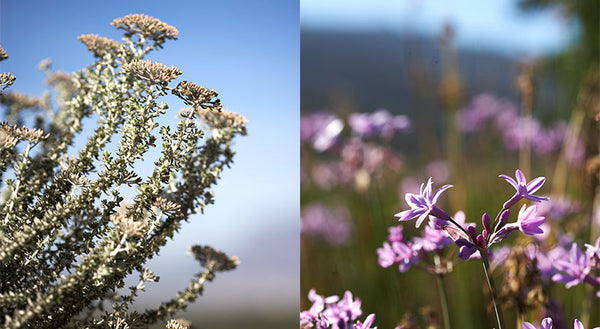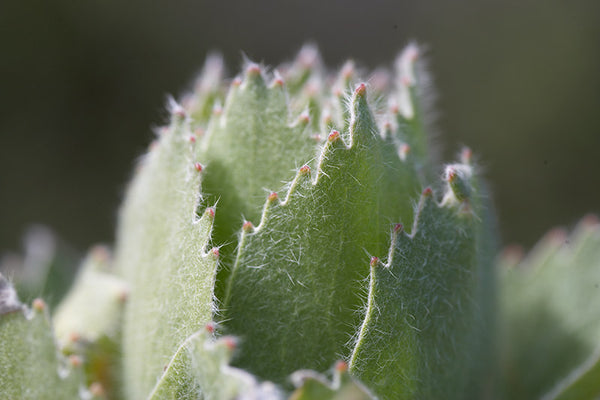
The Fragile Ecosystem on our Farm
Share
The Cape has a delicate ecosystem that is sentimental to De Grendel; their family motto is Justis Favet Creator (The Creator favours Justice) which they fervently apply to the environment in order to protect for future generations.
The addition of agricultural practices has enhanced the farm's philosophy of conservation and has set an impressive mark for sustainable agriculture in South Africa. It is a farm, but it is also a sanctuary to the animal and plant kingdoms that have little space left to be wild. For that, De Grendel can safely claim a part of South Africa’s biodiversity.
The distinct natural vegetation area is known as 'renosterveld'; which is a term used for one of the major plant communities and vegetation types of the Cape Floral Kingdom. ‘Renosterveld’ is derived from the domination of grey-coloured plants called the renosterbos. There are however, proteas, ericas and restios, which are also typical of fynbos habitats.
Fascinatingly, there is a whole ecosystem that exists because of the renosterveld; many renosterveld trees and shrubs produce berries, which attract fruit-eating birds (e.g. bulbuls, Cape white-eyes) and other animals (e.g. geometric tortoises, chacma baboons) and then, during spring, renosterveld flowers attract a wide variety of pollinators, like bees, flies, beetles and sunbirds. For bird watchers and flower lovers, De Grendel makes for a perfect hangout.
Unfortunately, in the Cape Floristic Region, less than 2% of renosterveld vegetation types are formally conserved, highlighting how these are some of the most threatened types of vegetation in the world. And so, De Grendel, with a grand conscience for conservation, is a part of WWF’s Biodiversity and Wine Initiative (BWI), a pioneering partnership between the South African wine industry and the conservation sector. It demonstrates the balance between nature and farming by protecting the natural habitat, encouraging wine producers to farm sustainably and by expressing the advantages of the Cape’s abundant diversity in their wines. Over 140 000 hectares of natural area have been conserved by BWI producers since project inception.
The world is seeing larger and larger carbon footprints which De Grendel passionately averts; they are instead proudly carbon negative. An assessment of greenhouse gasses emitted and absorbed through operations on the De Grendel wine and dairy estate established that the Durbanville farm is a net carbon sink, meaning that the farm releases less carbon into the air than it absorbs through growth of vegetation on the farm.
The agricultural sphere of De Grendel also makes sure to be water-wise. Using water-wise principles, a series of agricultural drains capture storm water through the wet season and send it down to the dam where it is circulated throughout the farm, quenching all of the farm-life’s thirst. And of course, the dairy farm is sustainable in its production and free-range in its philosophy, allowing the cows a happy sun-ful, grassy life.
In the coming weeks we'll be sharing some of the wild animal species that you can see when you visit De Grendel. What could be better than sipping on an exquisite wine while you overlook fields where our indigenous fauna roam?



